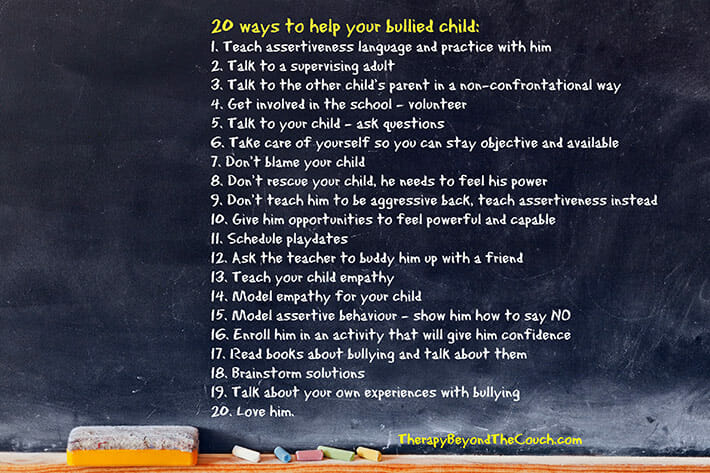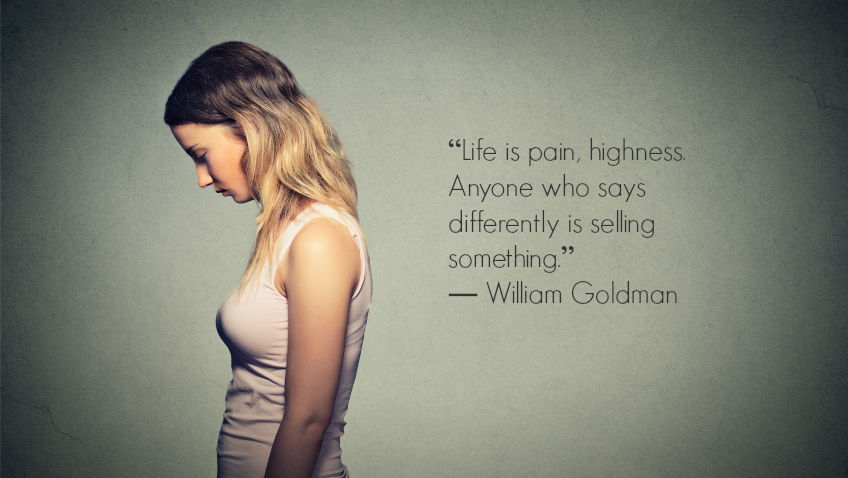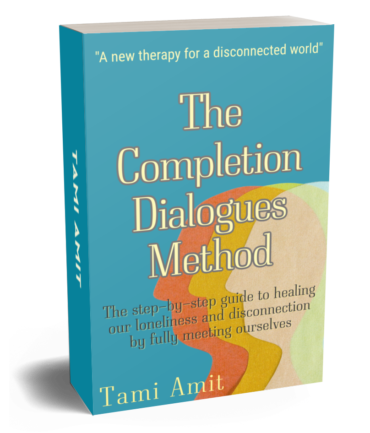How To Help Your Child Deal With Bullying- An interview with a primary school counsellor
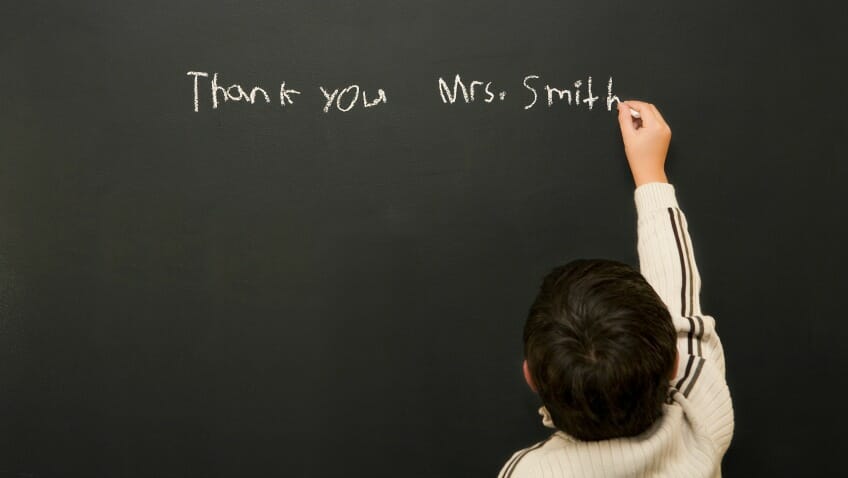
Question – What are the top 5 things parents can do when their child is being bullied at school?
Answer
First, don’t blame yourself – it is neither your fault nor your child’s fault that he/she is being bullied. Bullying happens to most people at one point or another and it actually has little to do with the child’s parents. When you first suspect that your child is being bullied you might feel anxious and angry but it’s important that you you keep that in check so that you are able to remain objective and available for your child. Second, teach your child assertiveness, and have them practice it with you. They need to know how to stand up to bullies and the best way for them to learn is by role playing. After enough times of practicing what to say to a bully it will become second nature. They also need to understand the difference between being assertive and being aggressive. You don’t want them to become bullies in an attempt to protect themselves. The easiest way to remember the difference is AGGRESIVE = i am talking about YOU, ASSERTIVE = i am talking about ME. For example, “You are a bully and a bad person” (aggressive) versus, “I will not be bullied by you” or “If you bully me i will tell the teacher” (assertive). Third, speak to a supervising adult – a teacher, a guidance counsellor, or the principal. They have a unique understanding of the dynamic in the classroom and so they are able to make the types of interventions that can really help a situation. Sometimes a change in the environment is all that is needed, something as simple as switching desks or buddying a child up with an older kid, or giving a child an important task during lunch time that can keep him/her out of trouble or harm’s reach and also give him/her a sense of self pride. Fourth, you can speak to the other parent though that can sometimes be problematic. The most important thing if you do speak to the other parent is to NOT be confrontational. Say something like “so it seems that the kids have been having some difficulty…i wonder what we could do to support them”. Fifth, talk to your child. Try to figure out with him/her what is going on and what the reason might be for the difficulty. When you do talk, do it at a time when the child is not upset like at bed time, and preferably when it’s just the two of you.
Question – What should you do if you child IS the bully?
Answer
It is important to remember that a child who bullies is hurting in some way and is expressing that hurt through the bullying behaviour. Again, don’t blame yourself – it is not your fault, but there are some things you can do to help your child understand his feelings and express them in ways that don’t hurt other people. You can teach your child the difference between aggressiveness and assertiveness, and talk to them about what is going on that makes them feel powerless and angry. You can teach them more acceptable ways of getting out their frustrations, and give them lots of opportunities to feel powerful without being hurtful. Also, give them lots of outlets to get out agitation like sports and art, and make sure to set consequences for bad behaviour. You could talk with the school counsellor and try to get a deeper understanding of the dynamic that is going on in the classroom (maybe the other child is driving them crazy and a simple switching seats can solve the problem), and try to get involved in the school – volunteer on hot dog day or pick the child up early one day and get a sense for yourself of what is going on.
Question – Why do kids get bullied?
Answer
Almost everyone gets bullied at least once in their lives and also, almost everyone bullies someone else at least once in their lives. It is nobody’s fault that they get bullied but there are a few characteristics that make kids more vulnerable to bullying, such as being passive, a loner, different in some way, shy, or physically small. I’m not saying that as a parent you want to change that in your child but it is important to understand that they are more vulnerable to bullying if they have those characteristics and so you want to give them the knowledge and skills to help themselves. For example, you can put them in theatre class or martial arts to increase their confidence or you could schedule play dates with other kids to make sure that they have more allies at the school playground.
Question – How can you tell when you child is being bullied?
Answer
If you see any bruises on them, any drastic change in behaviour, or if they don’t want to go to school (fake being sick) – you should start asking questions. Also, if they start talking badly about another child or refuse to have playdates with a child they used to play with. Most importantly through conversations – keep talking to them about school, ask them questions regularly and they will tell you if something is wrong.
Question – At what point should the parent intervene?
Answer
There are some things you should always do – teach assertiveness and resilience building, and keep the lines of communication open both between you and your child and between you and the school. Also, you should always talk about bullying and anti bullying and always teach empathy – it will help your child no matter what. Ask them questions about what they think someone else is feeling when you get an opportunity, not when they are in trouble but when they’re relaxed – when you are reading a book together or watching a show. And if you think there is bullying going on then ask your child about it. If you get the sense that it is dangerous and or systematic (other kids are involved, it happens more than once) then you should definitely involve other supervising adults like the teacher. You don’t want to swoop in and rescue because that leaves your child powerless and can sometimes even backfire, but you definitely want to be supportive and protective. Bottom line – Trust your instinct and know your child.
Anne Mcleod, M.A. is a primary school counsellor. She has worked extensively with children who have experienced bullying and their parents.
TAGS:
Sharing is Caring!
hello,
I'M TAMI!
I am a Psychotherapist, Clinical Hypnotherapist and EMDR Practitioner. If you want to create positive change in your life then you have come to the right place.
Now Trending:
Categories
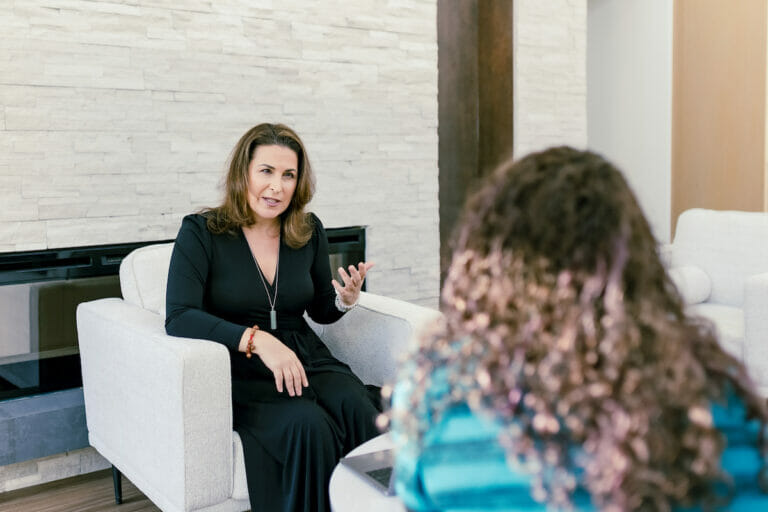
Let's Work Together!
Other Posts of Interest
Get Your Hands
On My New Book
The Completion Dialogues Method: The new therapy for healing our loneliness and disconnection by repairing our most fundamental relationship – with our self! (to be released in 2022). See Full Details Here >


